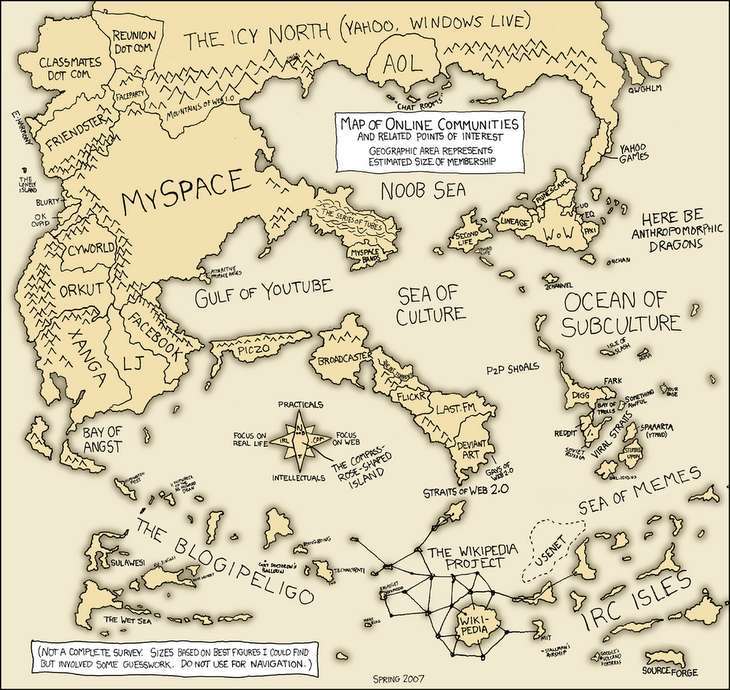is typed alone to a page near the end of this novel.
What Winterson makes abundantly clear is the true process of storytelling, a process that abstracts the past and remaps the future. Our heroine, Ali, taps out stories for her customers, sent through the ethereal interweb in pursuit of such an impact: "freedom, just for one night."
As much as the story shifts so does she, hurtled through the lives of fairy tales past, retold again and again in various guises. Through such shifting of the story, for which the screen is a conduit, we find a metaphor for the ever-fluxing selves in which history and memory are contained:
There are so many lives packed into one. The one life we think we know is only a window that is open on the screen. The big window full of detail, where the meaning is often lost among the facts. If we can close that window, on purpose or by chance, what we find behind is another view.
This window is emptier. The cross-references are cryptic. As we scroll down it, looking for something familiar, we seem to be scrolling into another self- one we recognize but cannot place. The coordinates are missing, or the coordinates pinpoint us outside the limits of our existence.
If we move further back, through a smaller window that is really a gateway, there is less and less to measure ourselves by. We are coming into a dark region. A single word might appear. An icon. This icon is a private Madonna, a guide, an understanding. Very often we remember it from our dreams. "Yes," we say, "Yes, this is a world. I have been here." It comes back to us like a scent from childhood.
These lives of ours that press in on us must be heard.
We are our own oral history. A living memoir of time.
Time is downloaded into our bodies. We contain it. Not only time past and time future, but time without end. We think of ourselves as closed and finite, when we are multiple and infinite.
This life, the one we know, stands in the sun. It is our daytime and the stars and planets that surround it cannot be seen. The sense of other lives, still our own, is clearer to us in the darkness of night or in our dreams. Sometimes a total eclipse shows us in the day what we cannot usually see for ourselves. As our sun darkens, other brilliancies appear. And there is the strange illusion of looking over our shoulder and seeing the sun racing towards us at two thousand miles an hour.
What is it that follows me wherever I go?
Not that the self be shaken loose, but that it be found, reassembled, in the process of remembrance itself. Which is to say: I am the sum of parts, artifacts of time, indulgent fantasies and messier proclivities. And in this space, here and now, I am neither man nor woman but as yet an alien voice, hanging in makeshift space.
That said, I must say that this novel is reminiscent of my adolescent online diary: a tangled, messy, yet occasionally brilliant jumble of bits and pieces devoted to the wistful myth of romantic love. While the perfect companion to 20-minute subway rides, the writing here is oft redundant and cliched. Still, an inspiration for a new era of writing and reading.





2 comments:
Winterson makes it clear that story line is nothing but abstracts the past and remaps the future. I realy appreciate his thinking power.
Useful post
Post a Comment